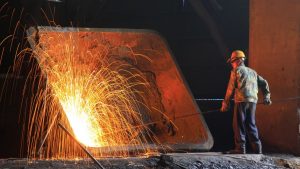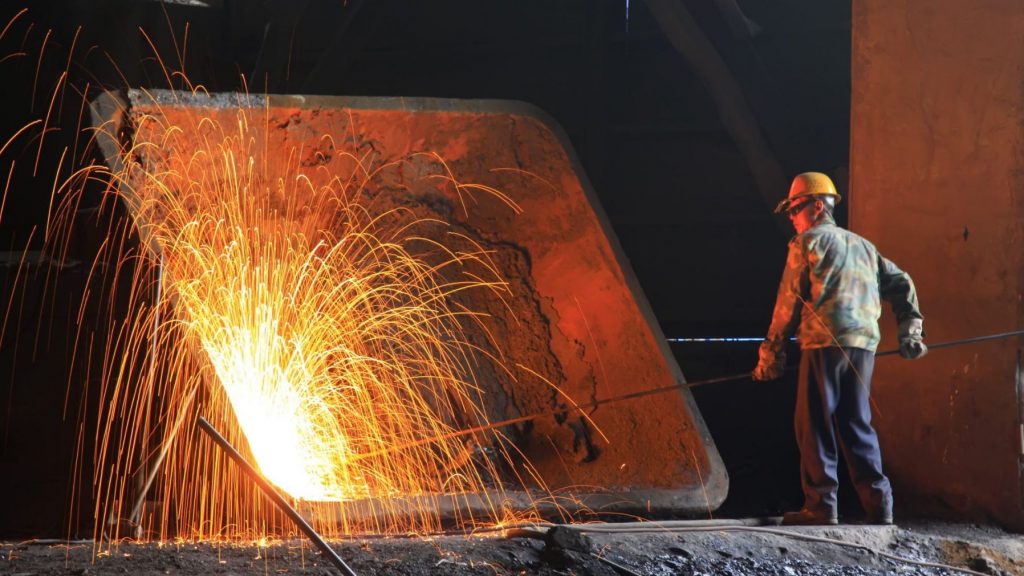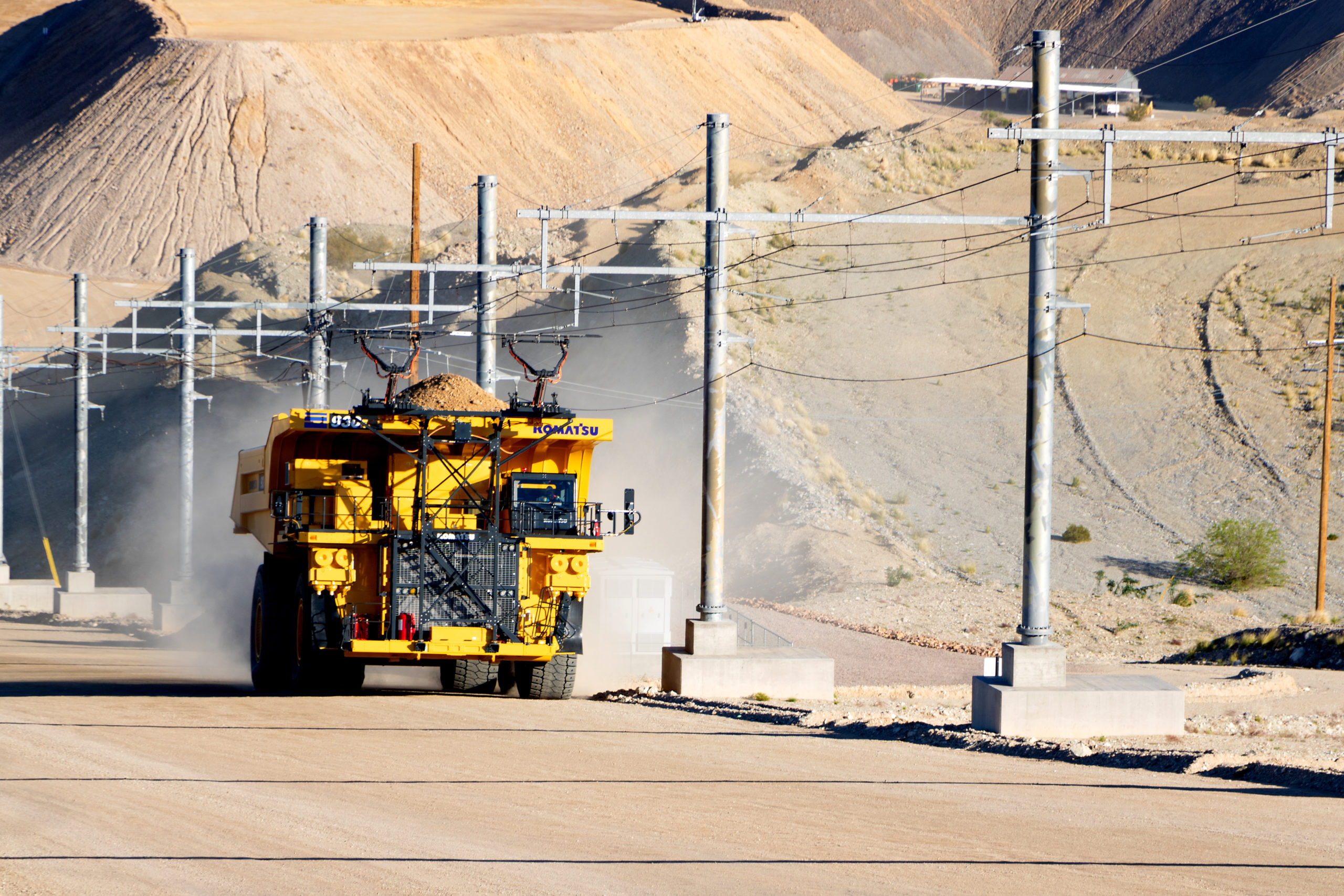[caption id="attachment_1003747694" align="alignnone" width="563"]

Worker repair mechanical parts in the production workshop in Tangshan city, Hebei Province, China. Credit: Stock Image.[/caption]
Iron ore
prices jumped to a fresh high on Thursday after China “indefinitely”
suspended all activity under a China-Australia Strategic Economic Dialogue, in the latest setback to the strained relations between Beijing and Canberra.
Benchmark 62% Fe fines imported into Northern China (CFR Qingdao) hit a new high on Thursday, changing hands for US$201.88 a tonne, up 4.85% from the previous day, according to Fastmarkets MB. The high grade Brazilian index (65% Fe fines) also advanced to a record high of US$234.70 a tonne.
Recently, some Australian Commonwealth Government officials launched a series of measures to disrupt the normal exchanges and cooperation between China and Australia out of Cold War mindset and ideological discrimination,” China’s National Development and Reform Commission (NDRC) said in a statement on the decision.
“Recently, some Australian Commonwealth Government officials launched a series of measures to disrupt the normal exchanges and cooperation between China and Australia out of Cold War mindset and ideological discrimination,” China’s National Development and Reform Commission (NDRC) said in a statement on the decision.
Bilateral ties were strained in 2018 when Australia became the first country to publicly ban Chinese tech giant Huawei from its 5G network. Relations worsened last year when Australia called for an independent investigation into the origins of the novel coronavirus, prompting trade reprisals from China.
Australian Trade Minister Dan Tehan said the commission’s decision was disappointing because the economic dialogue was “an important forum for Australia and China to work through issues relevant to our economic partnership.”
Australia is the world’s biggest iron ore supplier and covers about two-thirds of China’s import needs of the raw material.
China, the world’s top steel producer, has imposed a series of trade sanctions on Australian exports ranging from wine to coal.
Iron ore trade has so far been spared, but analysts believe China is looking at ways to reduce its reliance on Australian iron ore.
“China is unlikely to ban imports of Australian commodities which they rely heavily on as it will impact the domestic economy,” Wood Mackenzie senior economist Yanting Zhou told
Reuters.
“We believe the iron ore trading relationship between Australia and China will remain ring-fenced in relation to current political tensions between the two nations,” said Atilla Widnell, managing director at Singapore-based Navigate Commodities Ptd Ltd.
“Specifically in relation to iron ore, at the moment there are relatively few alternatives available to China.” Rio Tinto Chairman Simon Thompson said.
This story originally appeared on www.Mining.com.

 Worker repair mechanical parts in the production workshop in Tangshan city, Hebei Province, China. Credit: Stock Image.[/caption]
Iron ore
Worker repair mechanical parts in the production workshop in Tangshan city, Hebei Province, China. Credit: Stock Image.[/caption]
Iron ore 




Comments